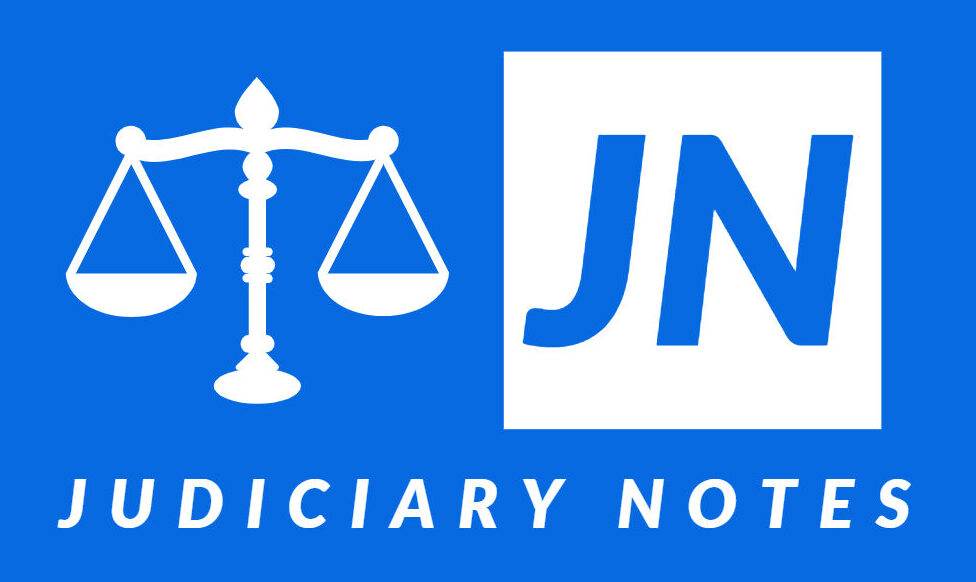In a recent order, the Bombay High Court has criticized an Additional Sessions Judge for using the word “handicapped” to express his frustration over having to deal with a heavy caseload. The judge had granted a stay on some trial court proceedings and adjourned the hearing of certain applications in a case, stating that he was “handicapped” since there were around 99 cases listed to be heard on that day.
The High Court’s order, dated June 20, acknowledged that most courts are indeed flooded with cases, but the language used by the sessions court judge was unacceptable. The judge should not have expressed his frustration and inability by using the words “handicapped” and non-inclination to grant a stay, the court said.
Also Read Understanding IT Act: Offense under Section 67B Explained
The incident occurred on April 24, when the sessions court judge was dealing with a heavy caseload of 99 matters listed for hearing. He noted that the instant case involved 12 applications and that the number of matters listed before the court would rise to 111 if those applications were also counted. Despite stating that he had no desire to grant a stay, the judge eventually granted one in view of the heavy caseload, which was contested by the opposing counsel. He then adjourned the hearing of the applications till June 12 and remarked that he was “handicapped.”
The Bombay High Court’s criticism of the sessions court judge’s language comes at a time when there is growing awareness about the use of ableist language and its impact on individuals with disabilities. The use of words like “handicapped” can be stigmatizing and perpetuate negative attitudes towards people with disabilities.
Also Read Legal Twist: Ex-Directors Not Guilty in Cheque Dishonour Case, Here’s Why!
The High Court has ordered the sessions court judge to decide on six out of the 12 applications that were deferred for hearing till June 12 within four weeks. The matter will be listed again on July 22 to check if this directive has been complied with.
The petitioners in the case, Godrej Projects Development and Godrej Properties, were represented by advocate Shaini Punamiya from Fox Mandal and Associates LLP. The writ petition was filed after one of the parties to the dispute sought relief from the High Court.
The Bombay High Court’s order serves as a reminder to judges to exercise sensitivity and awareness when expressing their frustrations or difficulties in handling cases. It is essential for judges to maintain a professional demeanor and avoid using language that may perpetuate negative attitudes towards any group of people, including those with disabilities.
Also Read Secrets Revealed: Why This 42-Year-Old Murder Case Acquittal is Making Headlines!
In conclusion, the Bombay High Court’s criticism of the sessions court judge’s language is a significant step towards promoting awareness about ableism and promoting inclusivity in our society. It is crucial for all individuals, including judges, to be mindful of their language and avoid using words that may perpetuate negative attitudes towards people with disabilities.

